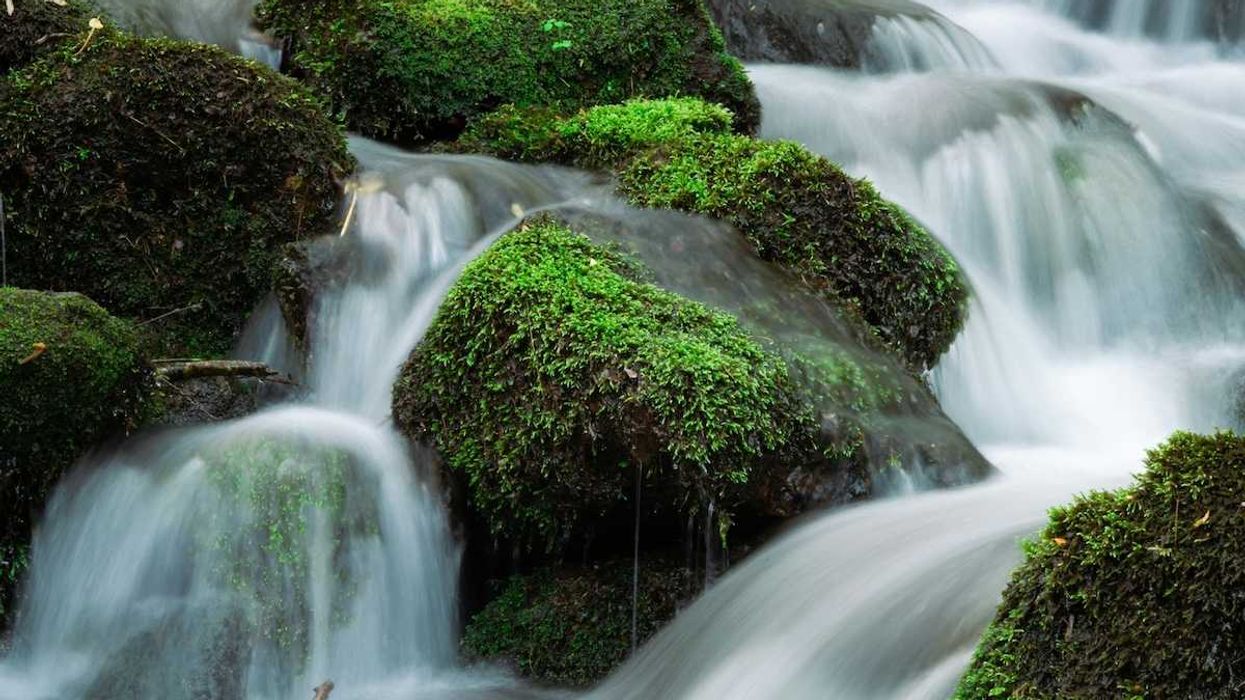Utah officials are intensifying efforts to take control of federal lands, alarming conservationists who fear reduced environmental protections and increased resource extraction.
Karin Brulliard reports for The Washington Post.
In short:
- Utah’s lawsuit against federal land ownership, supported by other Western states, was rejected by the Supreme Court but may continue in lower courts.
- Officials argue federal land management limits state sovereignty and economic potential, while conservationists see it as a prelude to exploiting public lands.
- The incoming administration and Congress could shift policies toward expanded resource extraction and reduced federal oversight.
Key quote:
“The core of this land grab lawsuit is Utah wanting to rewrite history to have the authority to do more on lands within our state.”
— Steve Bloch, legal director, Southern Utah Wilderness Alliance
Why this matters:
Federal lands in the American West are a cornerstone of the nation’s environmental heritage, spanning millions of acres that serve as a refuge for wildlife, a playground for outdoor enthusiasts and a source of natural resources. These lands, managed by agencies like the Bureau of Land Management and the U.S. Forest Service, operate under a framework intended to balance recreation, conservation and resource extraction. The state of Utah has a long history of challenging federal ownership and management of public lands.
Learn more:













